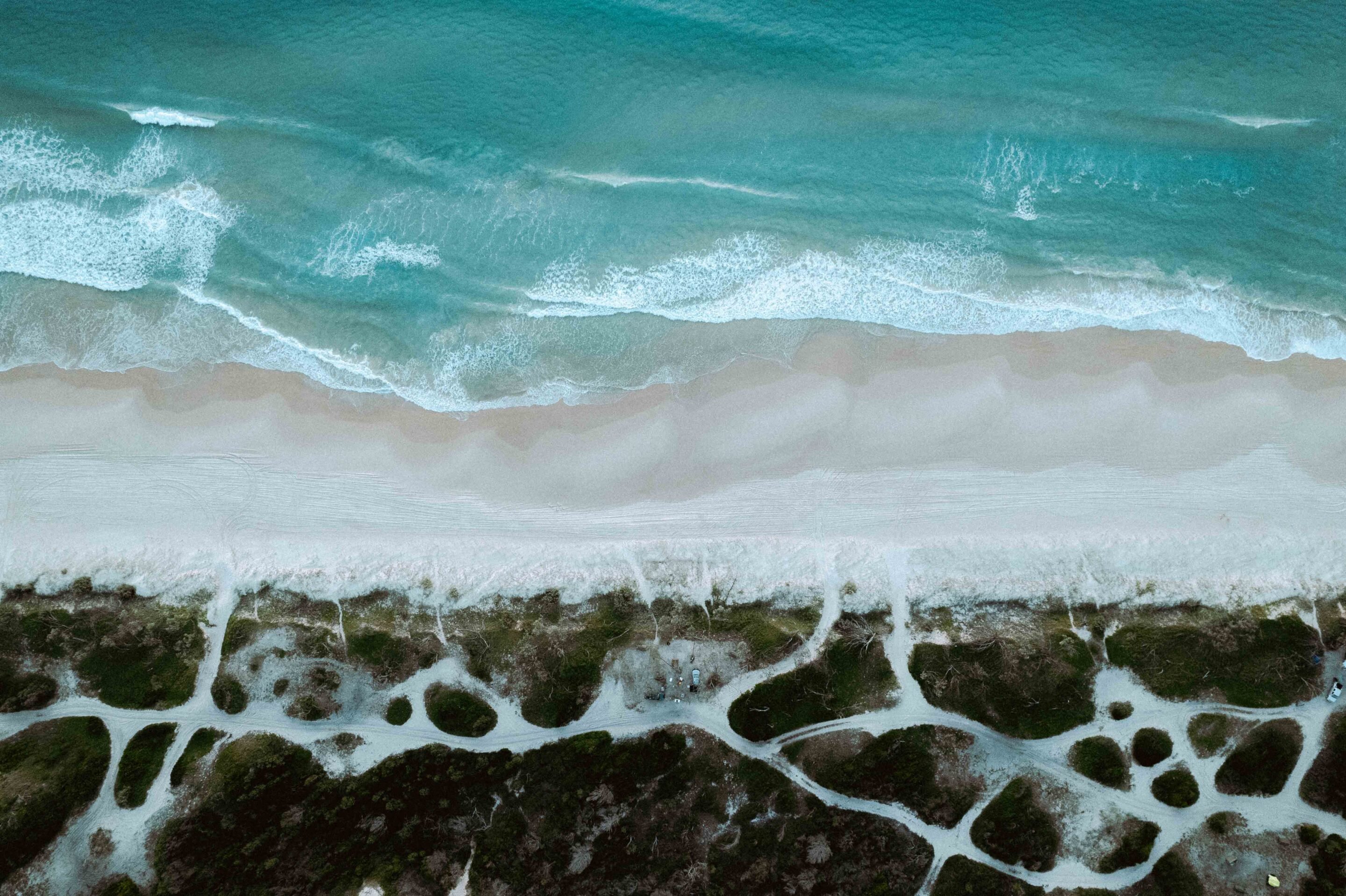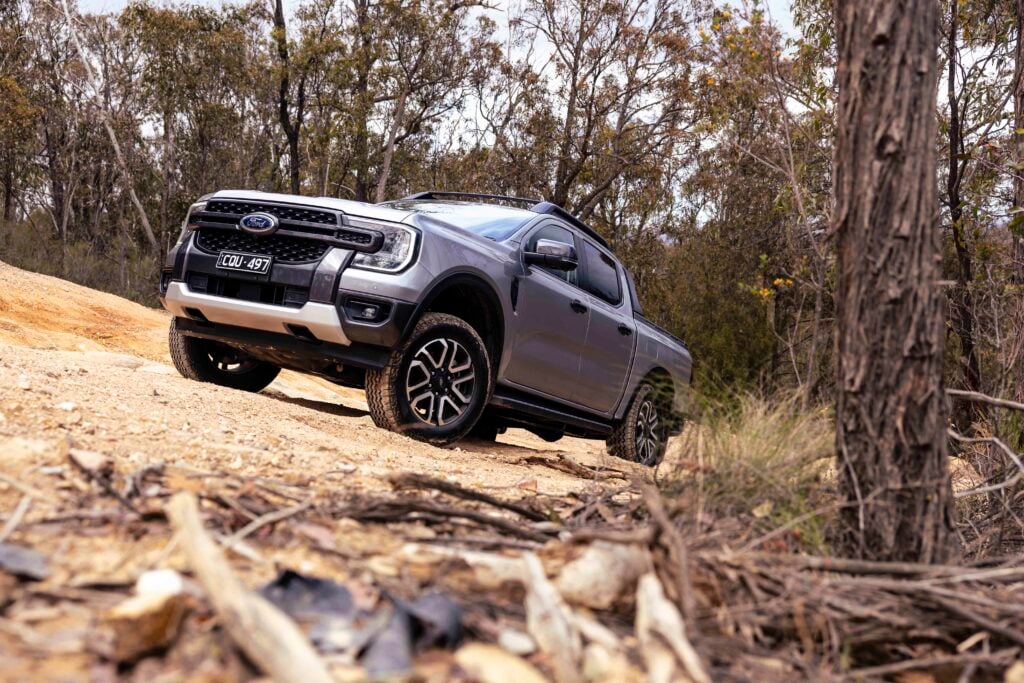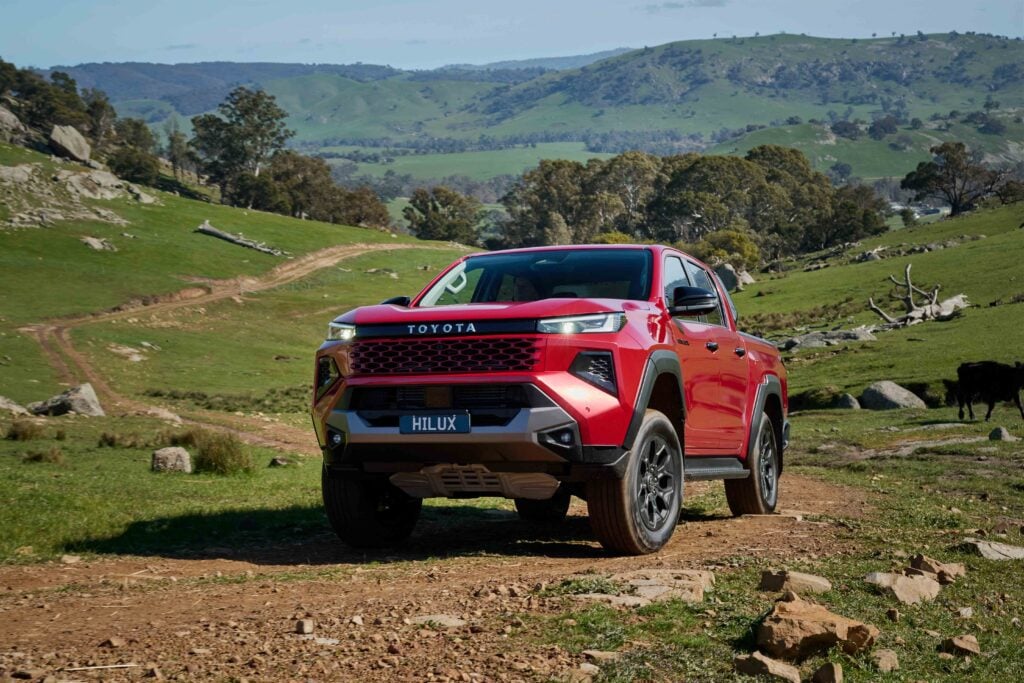There’s been a growing push from some coastal councils to restrict the use of 4×4 vehicles on popular beaches … and I can’t blame them, either.
While some beaches have had their problems with 4×4 drivers not doing the right thing – driving on vegetated dunes and showing little consideration for wildlife such as nesting seabirds – this hasn’t been the main reason behind the restrictions or talk of outright bans.
The real issue comes down to numbers: the sheer volume of vehicles using the beaches has become a risk to both wildlife and other beachgoers. With so many vehicles running up and down the sand – and not all of them being driven responsibly – it’s become too much to manage.
We’ve become a victim of our own popularity. With the take-up of new 4x4s – including the Ranger and HiLux now being the top-selling vehicles in the country – plus a new wave of enthusiasts discovering the joys of getting off the beaten track, there are simply too many vehicles on beaches where families are trying to relax and swim.
Not only are there more 4x4s on the tracks than ever, but there are more people on the beaches too. The general migration away from capital cities has seen plenty of people move to the coast – and come holiday season, the crowds arrive in force. Having all these people on the beach alongside moving vehicles is a recipe for disaster.
In many coastal communities, where fishing is part of the lifestyle, four-wheel driving has long been accepted. Locals have been throwing the rods into the back of the fourby to hit their favourite fishing spots for decades – and by and large, they’ve done the right thing. Understandably, these same locals have been among the loudest voices against any talk of regulating or banning beach access for 4WDs. Some of them are older, and walking down the beach carrying all their fishing gear just isn’t a realistic option.
Some councils have recognised this, and one option that’s been considered is removing one- and three-day beach driving permits altogether – instead offering only six- and 12-month permits. The more expensive, longer-duration permits should be enough to put off the weekend warriors and blow-ins that come to town, while the locals could still buy their annual passes for regular access.
Regulation or banning? I know which one I’d prefer – and it’s good to see some sensible compromises being made to keep beach access open for those who actually use it properly.
The real test will be enforcement. Whether these permit systems can be policed properly remains to be seen.
We recommend
-
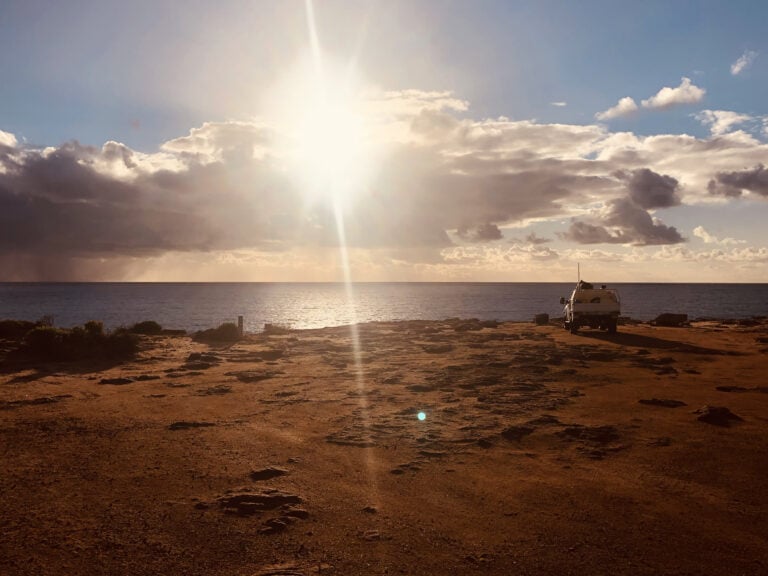 News
NewsCouncils to close unofficial 4WD tracks on WA coastline
Councils along WA’s coast are set to close unofficial 4WD tracks in a bid to protect dunes and manage beach access
-
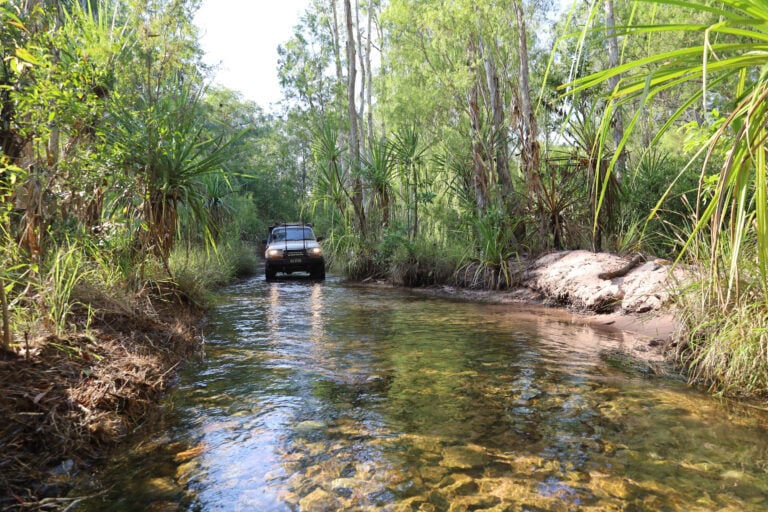 News
NewsLitchfield National Park set to expand by more than 20 per cent
Litchfield National Park is set for its biggest expansion in decades, unlocking new 4WD tracks, waterfalls, and camping areas in the NT's Top End
-
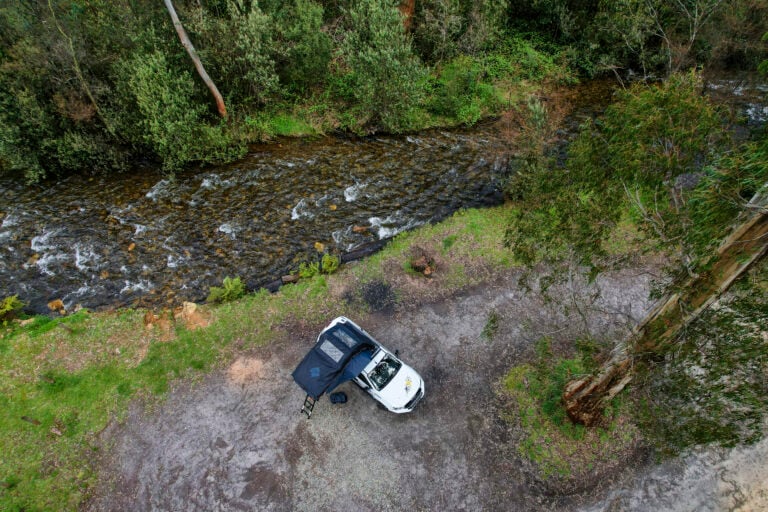 News
NewsLocals lead crackdown on illegal campers in Noosa
Community tip-offs led to a blitz in Noosa, with more than 30 illegal campers slapped with fines


